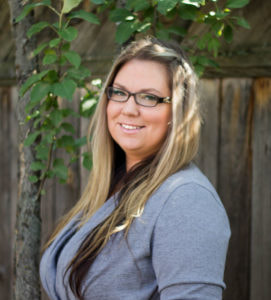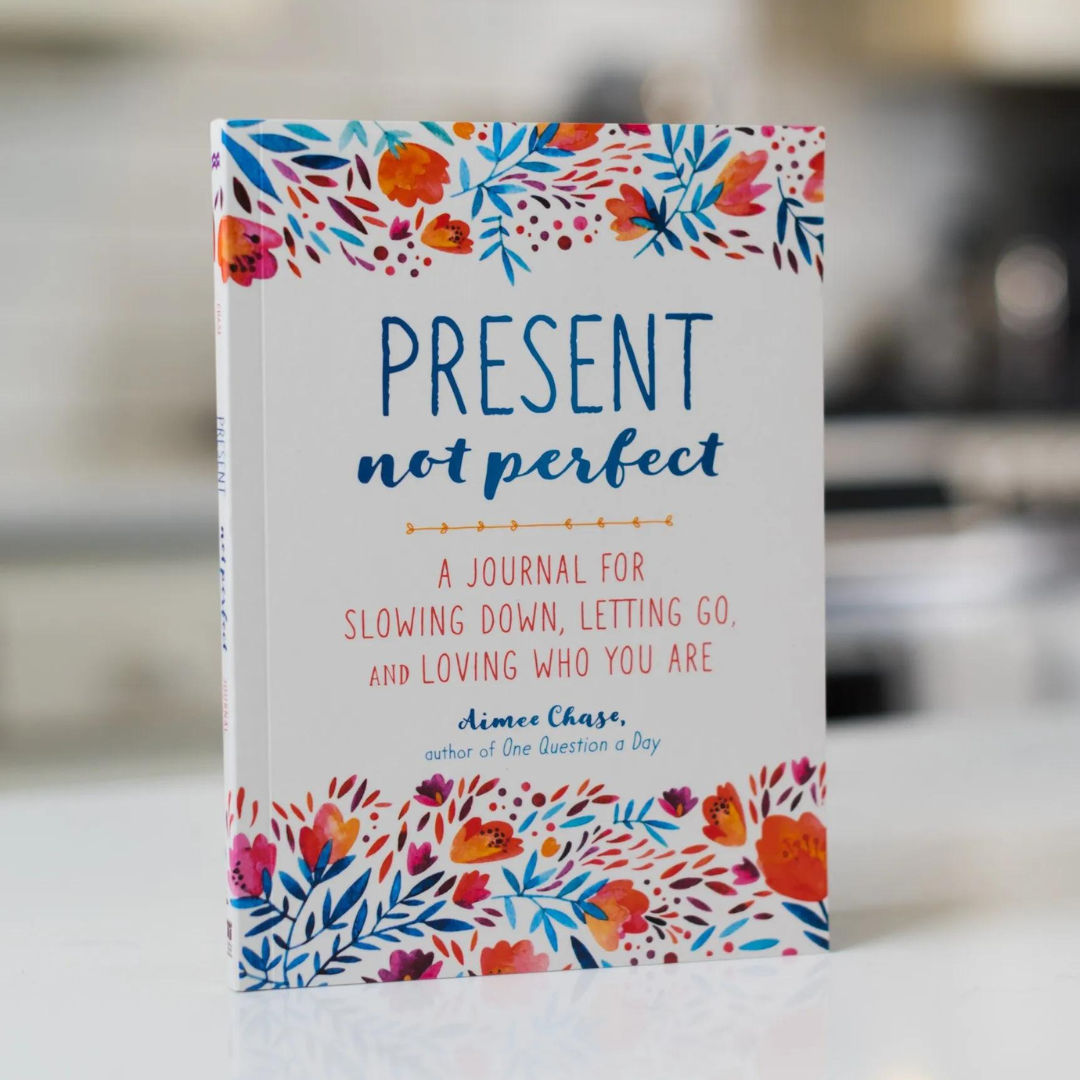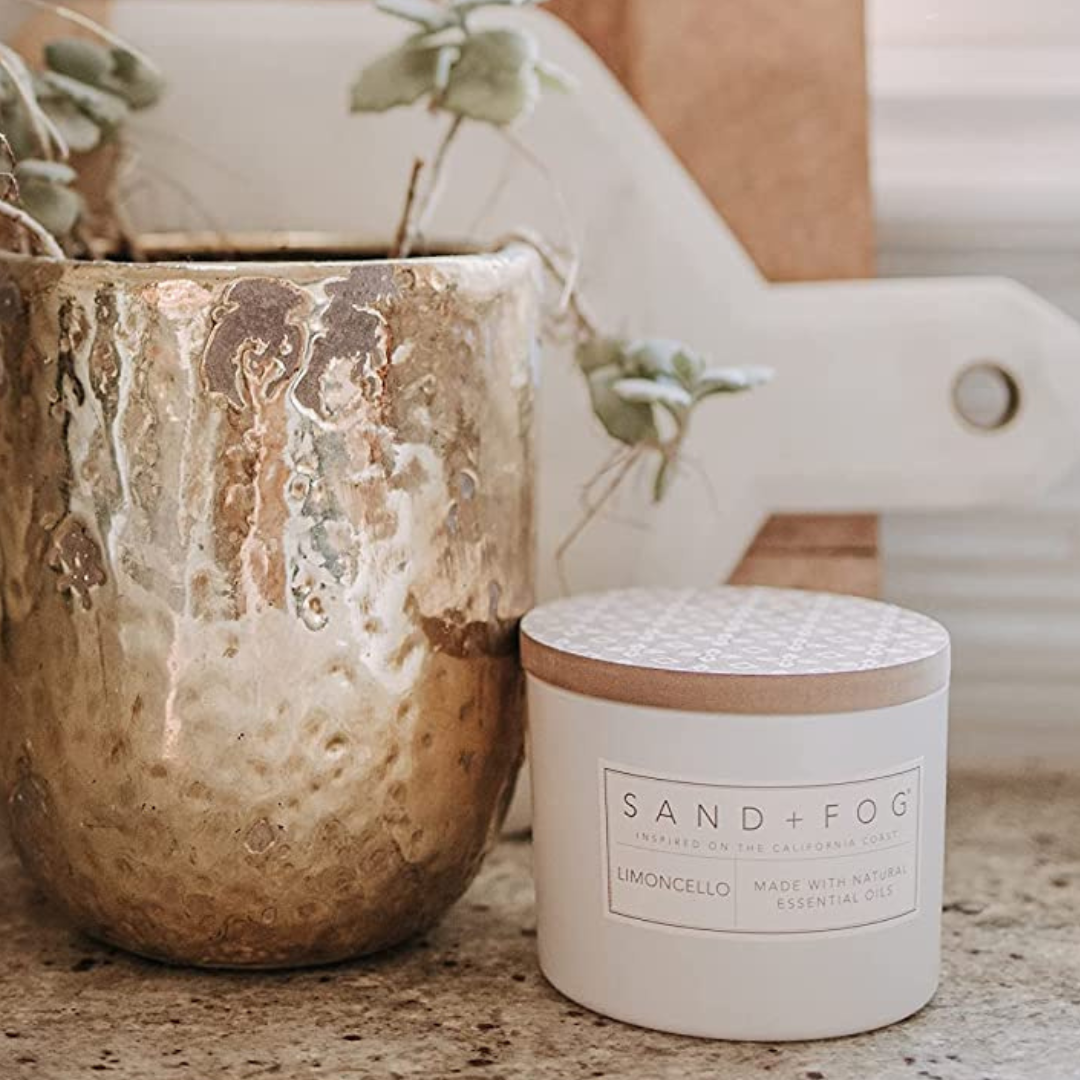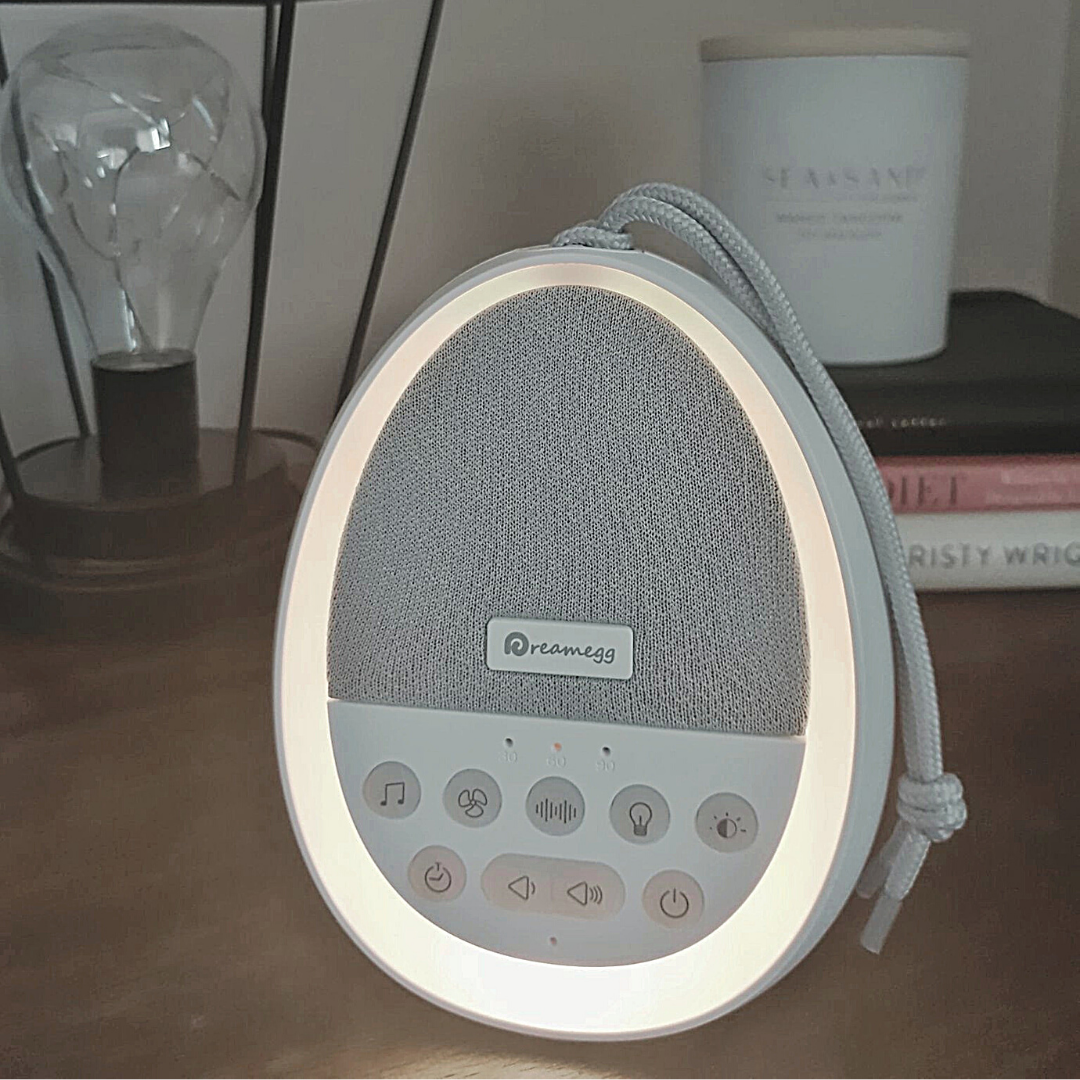|
|The Therapists Corner is a chance to hear from other therapists, as well as anyone with an interest in mental health, in order to learn from their experiences and hear about the motivations that drive them to provide professional healing practices to others.
I am honoured to introduce my friend and colleague, Kaila Mayer McAnulty as this Therapist's Corner guest blogger. Kaila brings a wealth of knowledge and experience in the area of mental health and focuses on sex therapy in her private practice located in Prince George, Canada.
Find out more about Kaila's therapy practice by visiting her website. I first met Kaila during our undergraduate studies at the University of British Columbia located in the beautiful Okanagan Valley. I'm excited to hear how she has developed and grown as a practicing therapist since our time together on campus. Let’s get started with the Q&A! Q1. What first drew you to enter the counselling profession? My mom. She studied Psychology while I was in high school and she always had the most interesting facts to share with me after her classes. Also, I know it sounds hokey but I feel like I always had a knack for connecting with people and reading peoples behaviour. I always had people telling me I would make a great counsellor and, before I knew it, I was pursuing my counselling career at the age of 17. In regards to sex therapy and forensics I pursued these areas for different reasons. I remember in college that no one wanted to battle the topic of sex. I am not sure why, but I am assuming it was because it is an uncomfortable topic to converse about. So when the topic came up for a project I put up my hand... I was the only hand in a group of about 60 people. To be honest, I always enjoyed sex, talking about sex and figured hey, why not research it more!? So I did! It was fascinating to me. What intrigued me the most was probably the stigma around sex, especially within our North American culture. There was, and still is, some sort of taboo around sex which made me want to pursue it even more! Why this shame? My goal was to normalize sex culture and to encourage positive sex talk and that is what I am working on now. "My goal was to normalize sex culture and to encourage positive sex talk and that is what I am working on now." With forensics I focused more on sexual issues such as sex addiction, sexual deviance and sex offenders. My reason for getting involved with this area may sound a bit unorthodox. When it comes down to it, I am a sucker for the underdog. I obviously don’t support sexually deviant cases, but I do support the research in figuring out why people do what they do. I try to look at things from a trauma-informed practice lens and I feel that this has really helped me be empathetic and more compassionate towards people with these sorts of concerns. If we understand, we are more capable and effective in treating people. Q2. What kind of clientele do you see in your practice? There are no limits! I see adults, youth, children. I see those who offend sexually and those who have been victims of sexual abuse. I see couples, singles. I even work with people who have disabilities who are looking to improve their sex lives after their injury. I also work at a maximum security prison where I see all sorts of criminals. Up until recently I worked primarily with sex offenders at the prison. Privately, I am just starting out doing sex therapy. I work with people who have sexual dysfunctions, sex addictions including porn addiction, marital issues and the list goes on. "If I can instill just a little hope in one person I have done my job." Q3. How would you describe the most rewarding aspect of your job as a therapist? My clients. Yes, even the inmates. It is my job to not give up on them when everyone else has. If I can instill just a little hope in one person I have done my job. If I can normalize sexual urges/feelings/behaviours for someone then I have done my job. If I can prove to my clients that I actually care, then I have done my job. It doesn’t happen every day, and I have learned to be okay with that, but when it does it is the most rewarding feeling in the world. I know and understand that working with some of my clientele is not appealing to most. I can truly say that when I see these clients I hold no judgment and no biases and therefore I can give the unconditional positive regard they need to get better. It is not for everyone but if I have that knack then I sure as hell will use it in the best way I can. Everyone has a knack, especially in counselling. My one friend and colleague is a therapist at a cancer agency and works primarily with sick children. I could never do that, and I admire people who do. That's just not for me... I would spend my entire day bawling and thinking of my own children but she is amazing at it! So if I can work with sex offenders and talk about sexual issues with people all day every day, then why not!? Q4. Who has inspired you the most in your practice? Unfortunately, with sex therapy being fairly up and coming in Canada, especially in the North, I have found it difficult to find people supportive of this type of therapy. Some are really excited that a sex therapist is in the North and they don’t all have to go to Vancouver for support. However, there are those who doubt its authenticity and whether it is a “real” problem for people. I am thankful for my colleagues, friends and mostly my family for believing in me and what I do. I have a hard time with being told I can’t do something. It only makes me want to do it more. So I try to look at sex therapy like that, a challenge. Half the battle is making people aware of how serious sexual issues can be and helping others understand it better. I have a great support network here and this has helped me keep my head above water when I feel like throwing in the towel. "Because of the stigma around sexual issues, especially deviant sexual behaviours such as porn addiction or pedophilia, people are nervous or even ashamed to ask for help." Q5. Is there anything you wish clients knew before entering your therapy room for the first time? There is no shame or judgment here. Because of the stigma around sexual issues, especially deviant sexual behaviours such as porn addiction or pedophilia, people are nervous or even ashamed to ask for help. I wish all my clients could be aware of the stats before they walk into my office so they know they aren’t the only one and they don’t have to go through this alone. Q6. Where do you see yourself in the next 1, 3 and 5 years in terms of your professional career? I only work evenings at the prison and am on call on the weekends which works out great for me right now having two toddlers. It also has given me time to start up my private practice during the day. I am hoping to stay in my position at the prison until my kids are at least in school and possibly longer. It is convenient also because I can practice privately in the day time or weekends if needed so as long as this arrangement works out I am hoping to continue on this path for another 3-5 years. I am doing some face-to-face work with clients but most of my private practice will consist of online counselling. I had two main reasons for starting up an online counselling practice. First was for myself. This way I can work from home and be around my kids more often. I can schedule my own hours and technically don’t even have to get out of my pajamas lol! Secondly, it is also more convenient for many of my clients. I can reach out and help those in smaller, more isolated communities. It breaks down barriers such as travel especially with our bad winters, and costs for clients coming from far away. Online counselling is still pretty new but I am thinking it will become popular very quickly. For this reason, I believe I will be continue doing online counselling for the majority of my counselling career. Eventually I would love to be able to travel to some of these remote communities several times a year so I can see clients face to face. Once I build my clientele my goal is to open an office with other therapists with specializations and practice together. I have already been approached by several students interested in sex therapy so taking on practicum students would be great in the near future also. Q7. Do you have a particular motto that you live by? I do, though I use it for both my personal and professional life: “You don’t have to have everything figured out to move forward.” I found this quote appealing for many reasons. I realized a few years ago I kept saying things like “tomorrow’s a new day,” “things will be easier once I am done grad school,” or “It will be better next year.” I heard this saying and thought to myself “why wait?” Just because life isn’t where I want it to be exactly or just because I have yet to achieve all of my goals, this doesn’t mean I can’t keep living and do it with a happy disposition. If I let all those things stop me then life would be miserable. I find this quote to be effective with clients too, especially those with anxiety. MENTAL HEALTH RESOURCE VAULTGreat!Check your email for instructions on how to access the Mental Health Resource Vault.
Here are some additional resources to check out:
The links on this page may be embedded with affiliate links which I may be compensated for at no additional cost to you.
2 Comments
Joe Crump
12/22/2019 07:28:27 am
Hi Kaila, I'd hoping both my wife and I can meet with you, but would it be fine for just me to meet you for one session?
Reply
12/22/2019 09:56:54 am
Hi Joe, thank you for your comment! You can reach out with your appointment request directly to Kaila - here is her website http://kailamc.ca - you can also book an appointment from the homepage, as well.
Reply
Your comment will be posted after it is approved.
Leave a Reply. |
Welcome to the blog!↓ That's me, Heather. :)
MENTAL HEALTH RESOURCE VAULTGreat!Check your email for instructions on how to access the Mental Health Resource Vault. Categories
All
Popular Posts// 25 Positive Mindset Quotes
// Self-Care Bullet Journal Spreads // 7 Ways Your Physical Health is Connected to Your Mental Health |









 RSS Feed
RSS Feed
















